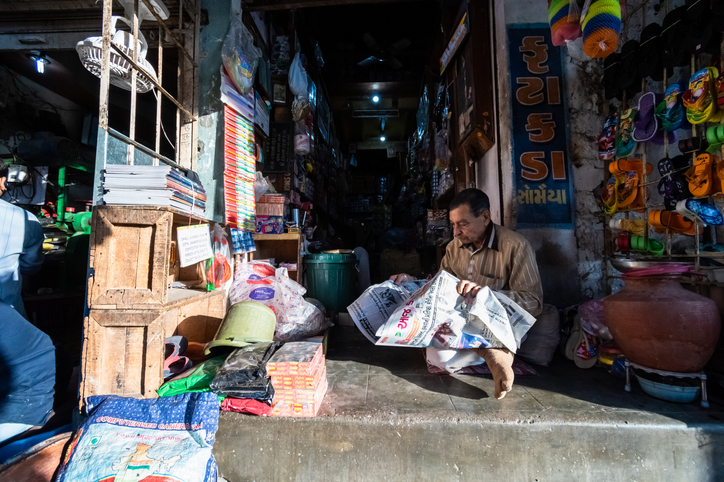
Surname Modi: Who are they, where do they come from, what do they do?
Modis are part of the Modh Ghanchi or Teli Ghanchi community, traditionally traders engaged in oil pressing or oil vending

A Surat court on Thursday (March 23) sentenced Congress leader Rahul Gandhi to two years in jail in a 2019 criminal defamation case. The case was over his alleged remark in 2019, asking, “how come all the thieves have Modi as the common surname?”
This brings to focus the ‘Modi’ surname, which is a fairly common one in Western India. Well-known personalities sharing the surname, starting from Prime Minister Narendra Modi, include his BJP party colleagues Purnesh Modi and Susheel Modi, apart from diamantaire Nirav Modi and businessman and IPL founder Lalit Modi.
Where are the Modis from?
The Modi surname belongs to the Modh Ghanchi or Teli Ghanchi community who are traditionally traders engaged in the oil pressing or oil vending business, primarily in Western states like Maharashtra, Rajasthan and Gujarat. The Modh Ghanchi community of Western India is equivalent to what is called the baniya caste in Central and North India.
Analysis: Why is BJP solely focused on discrediting Rahul Gandhi?
Interestingly, the community, which traditionally included both Hindus and Muslims in Gujarat, mostly made their livelihood through trades like running grocery stores, tea stores or oil selling. In Gujarati, the word ‘Modi’ literally means an individual who owns and runs the neighbourhood grocery store — it has the same meaning as the name ‘Gandhi’.
The Modh-Ghanchi community was considered to be a subcaste of the Vaishyas, an upper caste community that belongs to the General category. Especially in Gujarat, the Ghanchi community was not seen as a backward caste until the state’s Social Welfare Department passed a notification on July 25, 1994, which included 36 castes as OBCs including Modh-Ghanchi.
Other popular people from the same community are Mahatma Gandhi, the Ambanis and the Jindals.
What happened in 2014
This is not the first time the surname ‘Modi’ is making news. In 2014, Narendra Modi’s backward class credential became a subject of controversy during the run up to the Lok Sabha polls. Modi, in his declaration, had claimed that he belongs to the OBC community. However, the Congress had then alleged that Modi is a “fake OBC”.
Senior Congress leader Shaktisinh Gohil had taken up the issue, saying: “Modi belongs to a Vaishya subcaste who are a microscopic minority in Gujarat and they are all prosperous traders.”
Also read: Rahul Gandhi convicted; what happens to his Lok Sabha membership?
“Modh Ghanchis do not belong to the Teli caste like the Muslim Ghanchis of Gujarat who enjoy an OBC status. The Hindu Modh Ghanchis are Vaishyas who belong to a rich upper caste. For instance, Mahatma Gandhi was Modh Vanik,” Gohil had added, quoting from Bhagwadgomandal, considered the most prolific and authentic encyclopaedia in Gujarati language.
Noticeably, this community was included in the list of Backward Castes in Gujarat, then divided into Saurashtra, Kutch and partly Bombay, by the first Central Backward Classes (Kaka Kalelkar) Commission in 1953-55. The list mentioned Ghanchi, Ganika, Teli, and Ghancha, as it was called in various parts of Western India.
However, in 1993, after the Supreme Court’s Mandal judgment upheld the Union government’s decision to provide 27 per cent reservation for BCs, a first-phase list included Ghanchi Muslims and not the Hindus or the Modh Ghanchis.
The nomenclature Modh, meanwhile, is still used as a prefix in Gujarat by those who are followers of Modheshwari Devi, a popular female deity in the state.


